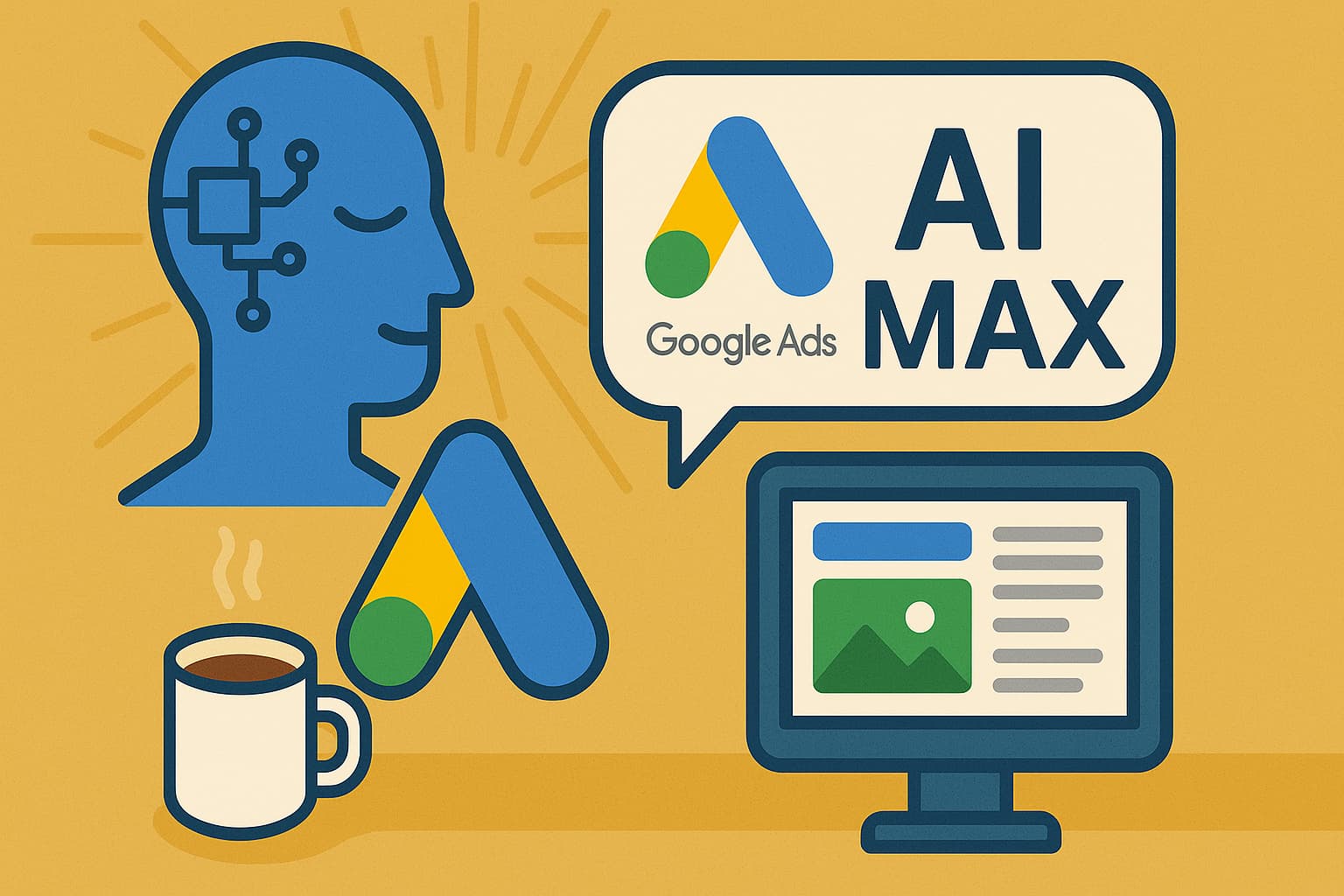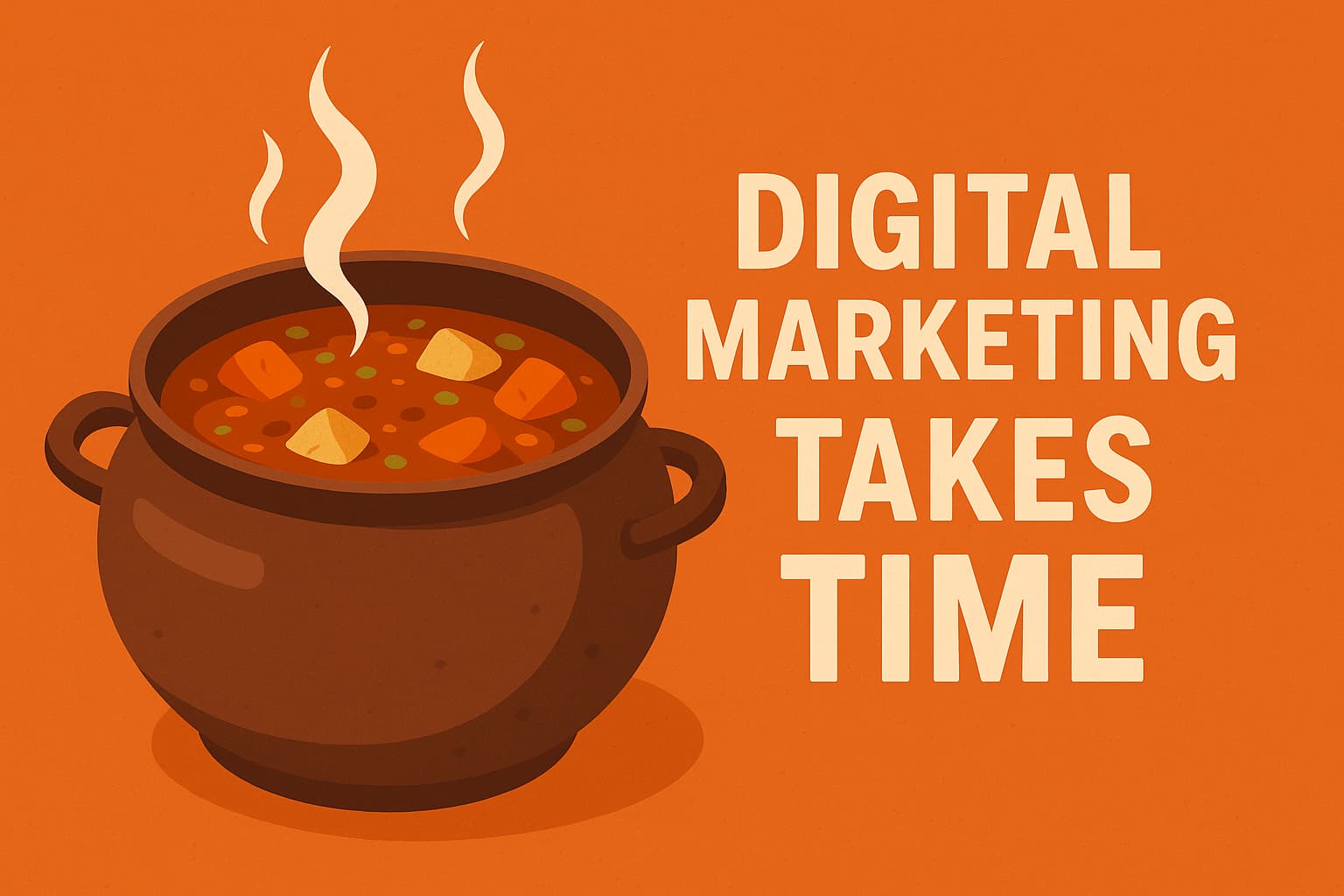When it comes to PPC advertising, there’s no denying that Google is the leader. But leaders can often take their position for granted and become complacent, which for me, is exactly what Google has been doing as of late. I attended the SMX conference last year in New York, and went to a Microsoft Bing Ads seminar. In this seminar Microsoft employees talked about the Bing Ads platform, and short of begging, asked us internet marketers to consider it for our future campaigns with our clients. They confessed the platform was very similar to Google, integrated with Google Adwords (through an API that Google could – if they wanted – just deny access to at any time), and that their search engine currently captured about 15% of all web search traffic in the US, and even less in Canada. Well, needless to say, they weren’t exactly selling me.
Well that was a year ago, and within a year, Bing now captures 30% of all search engine traffic in the US according to recent reports. Yep, that’s 15% of Google’s traffic in one year.
Despite our hesitation last year, we did run some campaigns on the Bing Ads platform, and yes, while traffic was lower, we were pleasant surprised with the results. Click-through-rates we’re similar (or higher), costs-per-click were lower, and conversion rates were slightly higher. So more conversions at a lower costs… Ok Bing, I’ll give you some credit.
Now, looking back at Google, there’s been a few things that have bugged me as of late. From increasing competition, to bad ads making it through the approval filter, to minimum costs for keywords without any competition, to irrelevant terms sneaking into exact and phrase match searches. Competition aside, this sort of stuff shouldn’t be happening.
So in short, Google’s getting itself into trouble, and Bing is picking up the slack. We’re moving more and more of our clients towards the power of using both ad platforms, and we’d highly recommend you have it on your radar too for your next campaign. The platforms themselves have only a few variations, but both now have a serious place in any online campaign.
Recent Posts
Harnessing Google Tag Manager for Better User Insights and Performance Tracking
Unlocking the Power of Google Tag Manager: Simplifying Tracking and Understanding User Behavior Hey there, fellow business owners! If you’re navigating the digital...
AI Max: Transform Your Google Search Ads Strategy Today
Unleashing the Power of AI with Google Ads’ New AI Max Hey there, fellow business owners! If you’re anything like us at Strong...
Patience and Strategy: The True Path to Digital Marketing Success
Let’s get one thing straight: if you think digital marketing is a magic wand that will instantly turn your business into a money-making...


